On this page
Symptoms
Possible causes
Diagnosis of drug-induced psychosis
What Seeking help
Treatment
Where to go for help
What is Drug-induced Psychosis?
Drug-induced psychosis, also known as stimulant psychosis is a result of usage of drugs or stimulants that may trigger a psychotic episode. This can occur in individuals who have a predisposition to mental illness. By using drugs such as cocaine, cannabis and hallucinogens, it may exacerbate the symptoms of some mental illnesses. Some drugs if taken frequently for long periods may also manifest as psychotic symptoms. Symptoms may indicate bipolar disorder or schizophrenia. Drug-induced psychosis is often a feature of dual diagnosis, which is a co-occurring mental health and substance abuse disorder that requires specialised treatment.
What are the Symptoms?
Symptoms
When mental illness is already diagnosed, or is underlying in drug use, it becomes more difficult to identify symptoms exclusive to drug use itself. If psychosis is not drug related, symptoms will likely continue after drug usage ceases. With drug-induced psychosis it is more likely that symptoms will subside after the drug wears off. Some usage however may cause prolonged symptoms and side effects for extended periods after drug use stops.
Symptoms are gradual with drug use and may include several effects, including delusions or hallucinations. Other symptoms include;
- Emotional changes, such as not showing emotion and difficulty expressing feelings
- Violent or erratic behaviour, possibly actions that can be dangerous
- Social withdrawal
- Lack of motivation and lethargy
- Disorganised speech, thoughts and actions
Possible causes
Possible causes
Drugs interfere with the process of release of brain chemicals, such as serotonin or dopamine. The internal structure of the brain may be effected and change brain function. It is important to first determine if symptoms are a result of substance use or other factors such as trauma or biological. A proper diagnosis is important for any signs of psychosis.
Extended periods of drug use or withdrawal from substances such as cannabis, amphetamines, hallucinogenic drugs such as LSD and PSP, and cocaine can cause psychotic symptoms for short or more extended periods. Alcohol may also cause mental confusion, delusions and disorientation but these symptoms usually subside once the alcohol wears off.
People who have had an episode of drug-induced psychosis are in a high-risk category of experiencing another psychotic episode in the future. If a mental illness is already present or diagnosed, using drugs or alcohol to self-medicate in order to relieve some symptoms may make symptoms worse. It may also lead to other problems such as drug or alcohol addiction.
Frequent and prolonged use of psychoactive substances may result in longer term psychotic symptoms, making it difficult to differentiate from other psychiatric disorders, such as schizophrenia.
Diagnosis of drug induced psychosis
| Return to top |
Diagnosis of drug-induced psychosis
A diagnosis should be made by a professional if a person is experiencing symptoms of psychosis. Drug-induced psychosis is diagnosed by presence of delusions and/or hallucinations that have been a result of a substance.
A diagnosis will determine if symptoms are from a psychotic disorder. Drug-induced psychosis is confirmed when psychotic symptoms are severe and continue beyond normal psychological symptoms of drug withdrawal.
Other symptoms that lead to a diagnosis include;
- Symptoms that case significant distress or impairment in daily life and functioning ability
- After medical examination and tests, it is possible to determine that psychotic symptoms developed during substance use or within a month of withdrawal
- Psychosis does not only occur during an episode of delirium
Seeking help
Seeking Help
It is important to seek professional help if you or someone you know is experiencing symptoms of psychosis, whether from a mental illness, a first episode, or result of drug use.
If the person is in great distress, becomes violent, agitated, unable to think or speak clearly, or is hallucinating severely, contact 000 for medical assistance or take the person to the closest emergency department.
If the symptoms are not as severe and the person is not in present danger of harm, contact a doctor such as a GP for examination and further referral if necessary.
Treatment
Treatment
The person must stop using the drug to allow symptoms to cease if possible. If symptoms continue and the person becomes a danger to themselves or others, ring 000 for immediate assistance.
A detox program may be required and would be determined by a health professional after examination. It is also possible that hospitalisation is required in a psychiatric inpatient unit if symptoms are severe. A doctor will also determine this.
Outpatient treatment may include antipsychotic medication, individual or group therapy.
Where to go for help
| Return to top |
Where to go for help
In an emergency Please call 000
Mental Health Line 1800 011 511 - 24 hour service across NSW
Alcohol & Drug Information Service
1800 422 599
National Alcohol and Other Drugs Hotline
1800 250 015
WayAhead Information Services
wayaheaddirectory.org.au
WayAhead Mental Health Support Line - Mon-Fri, 9am-5pm
1300 794 991
WayAhead Anxiety Disorders Support Line - Mon-Fri, 9am-5pm
1300 794 992
| Return to top |
Back to Fact Sheets page
Disclaimer
This information is for educational purposes. As neither brochures nor websites can diagnose people it is always important to obtain professional advice and/or help when needed.
This information may be reproduced with an acknowledgement to WayAhead – Mental Health Association.
The Association encourages feedback and welcomes comments about the information provided.





